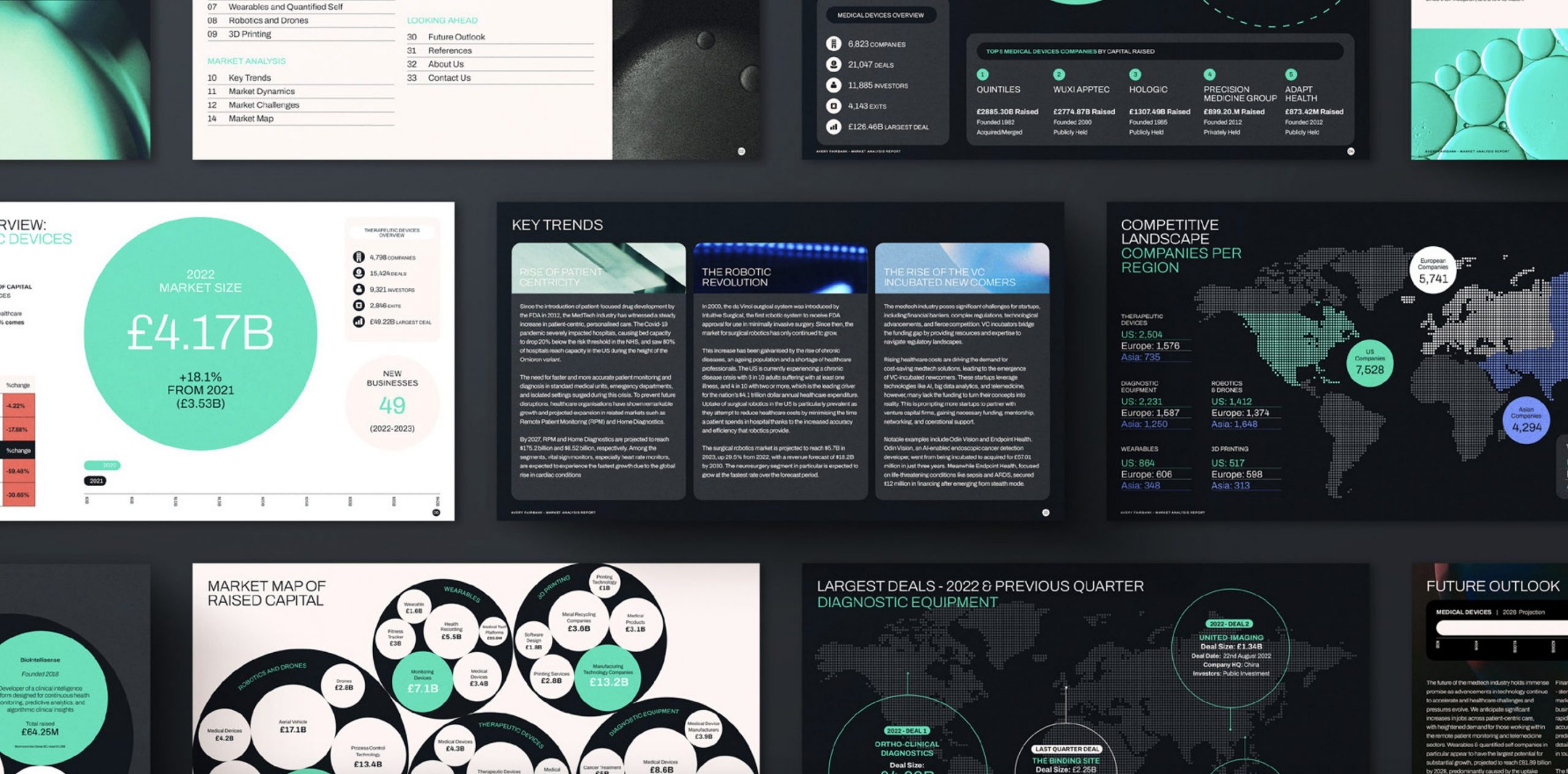March 6, 2024
In 2020, the exposure of several significant racial incidents sparked a moment of reflection, prompting a national effort to confront systemic racial injustice. This period of introspection led the corporate sector, particularly the technology industry, to reevaluate its approach to diversity initiatives. Despite good intentions, existing diversity, equity, and inclusion (DEI) programs were found to be insufficient in promoting representation across the tech sector, including a significant lack of diversity in cybersecurity.
Cybersecurity, a field pivotal to the protection of privacy and security for all, stands to lose its effectiveness without a workforce that reflects a broad range of perspectives. The absence of diversity not only risks the development of solutions that cater to a limited segment of society but also overlooks the needs of diverse populations. Furthermore, homogeneity can introduce biases into decision-making processes, potentially causing detrimental effects on both individuals and businesses. Recognising and harnessing the value of DEI is crucial for cultivating a robust and adaptable cybersecurity workforce.
What is DEI?
Diversity, Equity, and Inclusion (DEI) collectively form a concept frequently mentioned in unison, yet each component carries a unique significance. Diversity refers to the variety of characteristics and traits that differentiate individuals from one another. Equity is about providing equal chances for success to everyone, no matter their background or identity. Inclusion involves creating environments where all individuals feel valued and have the opportunity to contribute to decision-making, professional development, and various activities. Together, DEI aims to guarantee that each person can fully utilise their potential and talents.
The Difficulties of Creating an Effective DEI Programme
In 2021, (ISC)² conducted a study revealing the distinct obstacles faced by diverse cybersecurity professionals globally. The findings indicate that many challenges are widespread, sharing similarities in both problems and potential solutions.
Feedback from surveyed professionals included observations such as:
- Women often face higher standards, being judged on their experience, while men may be chosen based on potential.
- Diverse professionals frequently occupy entry-level roles but seldom progress due to a lack of supportive culture, leading to their premature departure.
- Unconscious bias significantly hinders the advancement of diverse individuals into leadership roles.
The technology sector has historically struggled to effectively implement Diversity, Equity, and Inclusion (DEI), as reflected in the underrepresentation of minority groups. The Aspen Digital Tech Policy report reveals that only 9% of cybersecurity experts are Black, 8% are Asian, and 4% are Hispanic. Moreover, women constitute merely 24% of the cybersecurity workforce, less than a third of the industry’s total workforce, with little progress in diversifying representation since these figures were first reported.

A significant barrier to successful DEI initiatives is unconscious bias, an often overlooked impediment due to its subtlety. Without addressing this bias, creating a substantial DEI program is unachievable. Business leaders must recognise the necessity for authentic change and appreciate the benefits diversity brings to an organisation.
Additionally, DEI efforts often stagnate when treated as a superficial requirement rather than a genuine commitment. True diversity is a long-term journey that must align with a company’s core values. This transformative change requires sustained effort and resources, a challenge underscored by one (ISC)² survey respondent: initiating DEI initiatives is feasible when diversity is a global focus, but these efforts tend to yield slow, incremental progress, demanding continuous commitment and dedication across the organisation. Effective DEI initiatives need clear performance metrics to measure success and maintain engagement, highlighting the difficulty of DEI implementation in environments lacking patience and long-term vision.
The Importance of DEI in Cybersecurity
The cybersecurity field is confronted with a significant challenge: a substantial number of roles remain vacant, exacerbating the industry’s vulnerabilities. According to research by (ISC)², there’s an ongoing employment gap with over 3.4 million cybersecurity positions left unfilled, primarily due to a lack of accessible talent. The demand for specialised knowledge and skills, typically acquired through higher education or costly certifications, creates a barrier for minorities often from lower-income backgrounds, thereby limiting their entry into the field. The tech industry, which benefits immensely from a wide range of skills and talents, can bridge this skills gap and strengthen its workforce by embracing and supporting a more diverse demographic.
Diversity within cybersecurity teams offers significant corporate benefits, notably the influx of fresh and innovative ideas. Teams composed of diverse members are known to tackle cybersecurity challenges more swiftly and efficiently. Issues such as supply chain attacks, social engineering, ransomware, and advanced persistent threats (APTs) represent just a fraction of the critical problems facing professionals today. Incorporating varied perspectives and experiences enhances a team’s capability to address these complex issues. Edward Enninful, a noted author and editor, sums it up well: “Without diversity, creativity remains stagnant.” Leveraging talent from non-traditional backgrounds introduces distinctive insights, fostering innovation and resilience in cybersecurity strategies.
Strategies For Developing a Diverse Workforce
Implementing a Diversity, Equity, and Inclusion (DEI) program is a process that demands change, a willingness to experience discomfort, and a steadfast commitment. Although the impact of these initiatives may take some time to fully materialise, meaningful progress is achievable in the interim. Essential strategies for fostering immediate change include introducing cultural sensitivity training, establishing transparent promotion protocols, advocating for fair compensation structures, and recruiting diverse leadership. Engaging in ongoing dialogue to identify and address gaps and needs facilitates the setting of specific, actionable objectives for the organisation. Fostering genuine relationships enhances employee engagement and satisfaction, contributing to lower turnover rates and a higher calibre of workforce.
The critical role of diversity within the cybersecurity sector cannot be emphasised enough. Cultivating a diverse and inclusive team is crucial for devising effective strategies, catering to the varied needs and challenges of diverse populations, enhancing employee retention and job satisfaction, bridging the cybersecurity skills gap, and upholding the ethical responsibility to safeguard all community members. A firm’s dedication to DEI principles is not only a moral obligation but also a strategic investment that promises both immediate benefits and sustained success.

Published on 06-03-2024


